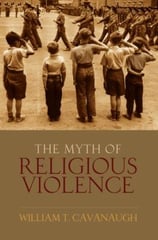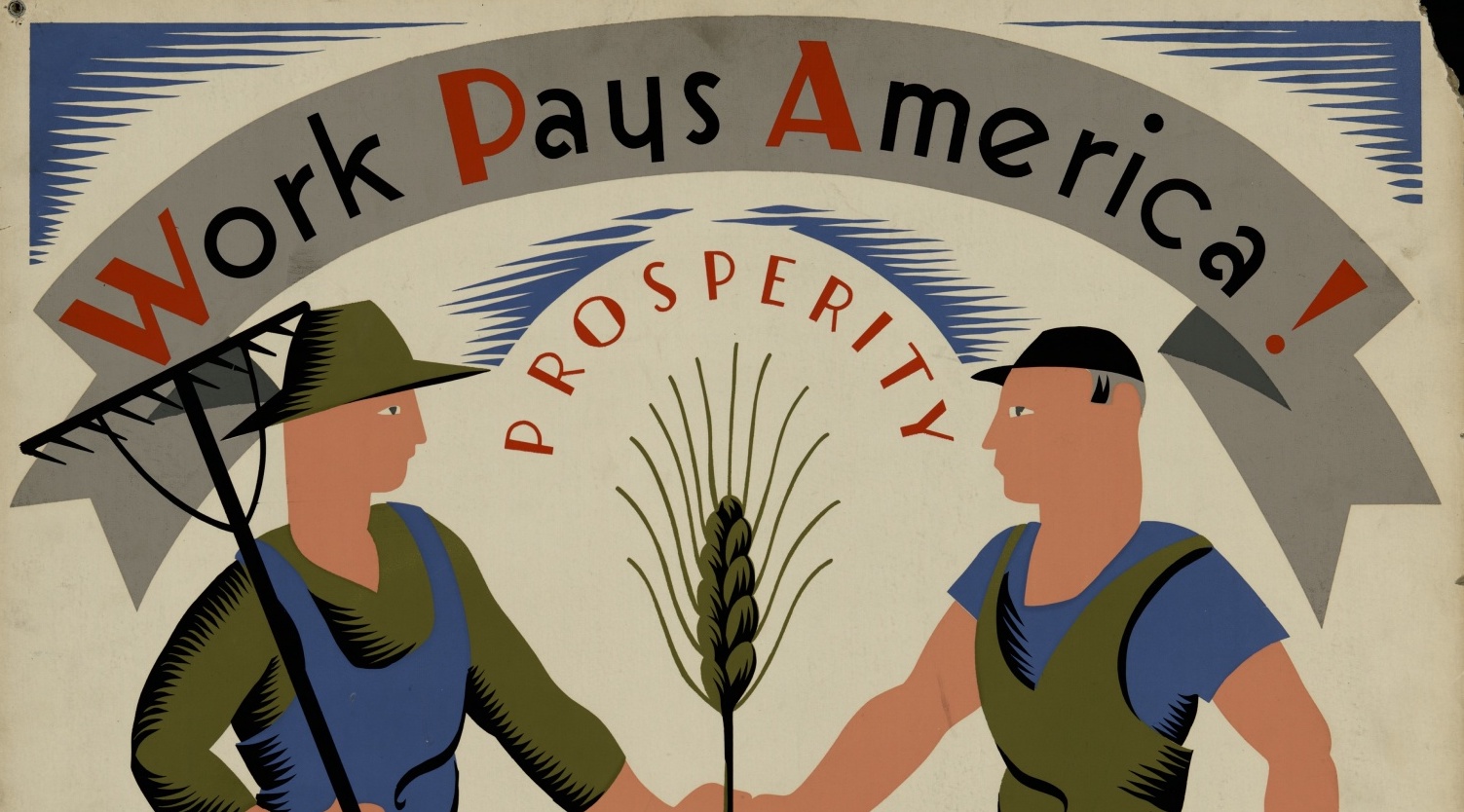 In the past month there has been a fascinating exchange going on between occasional Mere O contributor Brad Littlejohn and DePaul’s William Cavanaugh. It started with this critique of Cavanaugh’s work by Littlejohn:
In the past month there has been a fascinating exchange going on between occasional Mere O contributor Brad Littlejohn and DePaul’s William Cavanaugh. It started with this critique of Cavanaugh’s work by Littlejohn:
Login to read more
Sign in or create a free account to access Subscriber-only content.
